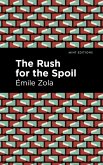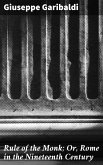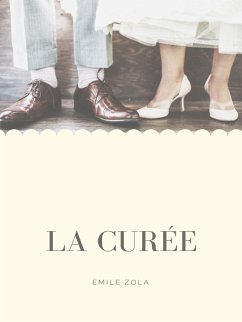In "The Rush for the Spoil" ("La Curv©e"), vâmile Zola delves into the intoxicating world of Paris during the late 19th century, focusing on the extravagant lifestyles and moral decay of the bourgeoisie. This second novel in the Rougon-Macquart series is characterized by Zola's naturalistic style, which meticulously portrays the social and psychological underpinnings of its characters amidst the rapid urban expansion and the dawn of capitalism. Through vivid imagery and detailed descriptions, Zola critiques the materialism and hedonism that arise during the renovation of Paris under Baron Haussmann, engaging readers in a profound exploration of ambition and greed that ultimately leads to ruin. vâmile Zola, a prominent figure in French literature, was greatly influenced by the socio-political climate of his time, which saw the struggles of the working class often overshadowed by the opulence of the affluent. His personal experiences with poverty and his commitment to social justice drove him to depict the harsh realities of life, and "The Rush for the Spoil" reflects his fascination with the interplay of wealth, power, and human behavior, serving as a critical examination of society's excesses. I highly recommend "The Rush for the Spoil" to readers interested in social critiques, historical narratives, and character-driven stories. Zola's incisive prose and gripping exploration of moral dilemmas provide not only an engaging reading experience but also a timeless commentary on the consequences of avarice in an evolving society.
Dieser Download kann aus rechtlichen Gründen nur mit Rechnungsadresse in A, B, BG, CY, CZ, D, DK, EW, E, FIN, F, GR, H, IRL, I, LT, L, LR, M, NL, PL, P, R, S, SLO, SK ausgeliefert werden.









